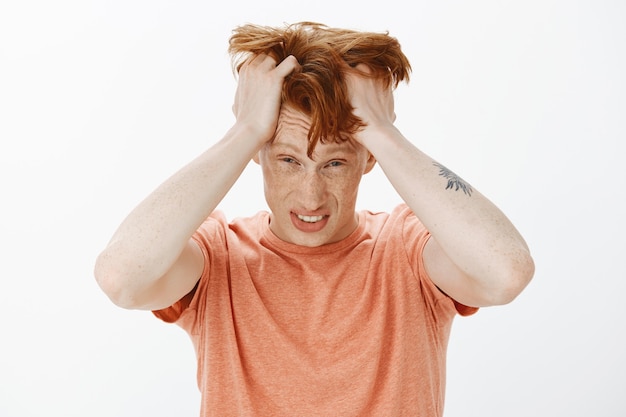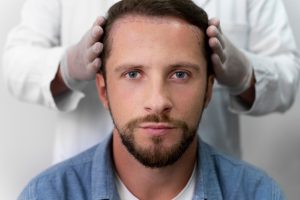
Have you noticed more hair falling out than usual? Dr. Omar, a hair loss expert, reveals five causes of hair loss and a solution that works.
For many of us, our hair is a key part of our identity, giving us character, confidence, and personality. However, around 8 million women in the UK experience some degree of hair loss or thinning at any given time. If you’ve been dealing with hair thinning or loss but haven’t talked about it, you’re not alone. Nearly half of women experiencing hair loss feel too insecure or embarrassed to discuss it.
It’s normal to lose between 100 to 150 strands of hair per day because our hair follicles go through three stages in the Hair Growth Cycle: the Anagen phase (growth), the Catagen phase (transition), and finally, the Telogen phase (resting). Hair loss involves the shedding of hair, which is completely normal. Dr. Omar explains that it’s part of daily life.
Many people think hair loss isn’t treatable and spend money on supplements that aren’t proven to help. But understanding your hair growth cycle and what causes hair loss can lead to effective solutions.
The Anagen phase is the growth phase where 85-90% of our hair is actively growing, which lasts three to five years. The Catagen phase is short, lasting only one to two weeks, where the hair stops growing and separates from the follicle. The Telogen phase is when 10-15% of our hair stops growing but doesn’t fall out yet, lasting about three to four months before shedding and cycling back to the Anagen phase.
If you start shedding more hair than usual or it doesn’t grow back, it’s time to be concerned. Hair loss can happen suddenly or gradually and can appear in various patterns. Common causes of hair loss include:
1. Hereditary Hair Loss: The most common cause of hair loss, known as androgenetic alopecia, results in thinning hair in women and patterned hair loss in men. We can’t change our genetics, but hair growth supplements may help rebalance the Hair Growth Cycle.
2. Hormonal Imbalance: Both men and women can experience hair loss due to hormone fluctuations. The hormone dihydrotestosterone (DHT), a by-product of testosterone, affects hair health by shrinking hair follicles and shortening the growth phase.
3. Stress: Stress can lead to hair loss by causing inflammation in the body and increasing cortisol levels. Managing stress can help return hair growth to normal.
4. Medications: Some medications for conditions like cancer, high blood pressure, and depression can cause hair loss. This is usually temporary and resolves once you stop taking the medication.
5. Pregnancy: Hormonal changes during pregnancy, especially in the first trimester, and postpartum can lead to temporary hair thinning. Hair loss is common after childbirth due to a drop in estrogen levels.
To treat disrupted Hair Growth Cycles, Proteoglycan Replacement Therapy using supplements like Nourkrin can help. Nourkrin, containing Marilex (a fish extract), is rich in proteoglycans essential for maintaining a healthy hair cycle. It’s been clinically proven to encourage hair follicles back into growth phases, showing significant positive results in several trials.
For those experiencing excessive hair loss, consulting a doctor or starting a treatment course like Nourkrin could be beneficial. This treatment usually takes three to twelve months, with six months being the recommended minimum, to see visible results.




